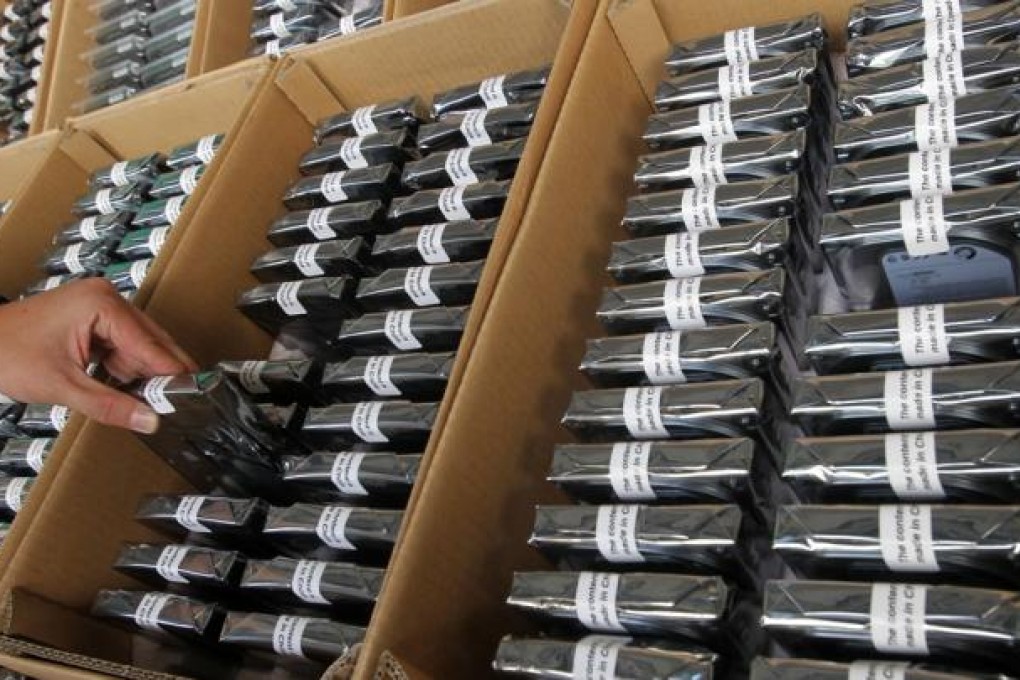Jake's View | Hong Kong foots the bill as Beijing tops up its tax take
Why are we paying to enforce a customs regime that benefits only the mainland?

An elite Customs team has been set up to tackle smuggling syndicates who are making millions of dollars a day shipping container loads of illegal goods between Hong Kong and the mainland.
Why? It's a simple question, but it needs a few elements of definition before we answer it or, rather, before we ask whether there is a valid answer at all.
Let us start with the nature of the goods being smuggled, which, according to our story on the Customs and Excise Department's new anti-smuggling squad, "include precious metals, animal furs, seafood, computer hard disks and frozen meat".
This list immediately tells us that the smuggling involved is not so much between Hong Kong and the mainland as from Hong Kong to the mainland. Customs and Excise levies no duties on these goods here, and thus there is no point in smuggling them into Hong Kong.
